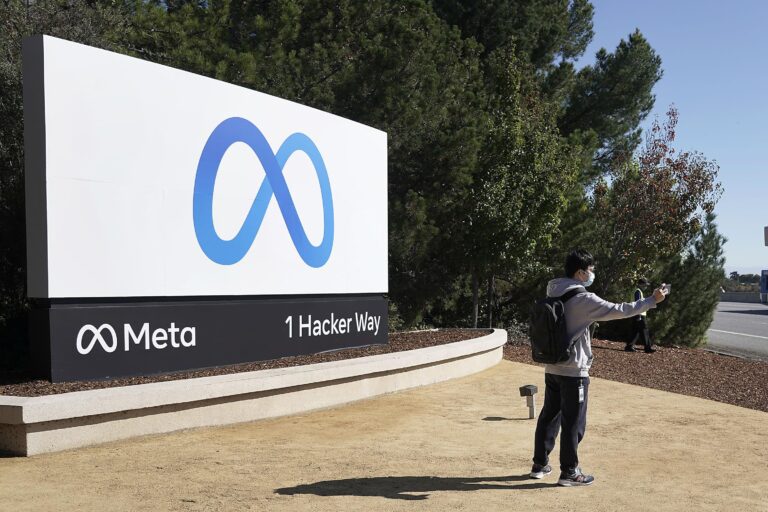Windows 8 will get there in the end.
- At its London Analyst summit Intel bemoaned the lack of cool designs for the malaise of the PC market but as usual, this less than half the story.
- There are multiple reasons why the PC market is struggling of which form factor is but one.
- These are:
- Users have no clue what the proposition of Windows 8 is because Microsoft and the PC makers have done an awful job on marketing. To be fair, Windows 8 is a much tougher sell, but endless rounds of “if you build it they will come” clearly does not work anymore.
- The devices are too expensive. Intel and Microsoft are to blame for this. Their fat margins have sucked the PC industry dry for years meaning that there is very little scope for hardware makers to cut price to spur adoption.
- Windows RT has confused and put users off the proposition. (see here)
- The promise of a tablet that can become a fully-fledged PC has not quite been delivered. They exist, but cramming a PC into a tablet form factor is quite tricky and what is available at the moment is ugly, clunky and expensive. Here Haswell from Intel may help make a difference and I expect this proposition to get a lot better in H2 2013.
- 25% of PC users are just as happy to use an iPad or smartphone instead. This loss of users combined with macroeconomic weakness has been a major factor in the weakness of the market.
- To be frank, the biggest problem that the PC market currently faces is the fact that everyone knows that Windows 8 exists but no one has the first clue why they should buy it. (see here)
- My biggest fear is that Microsoft does not care that much.
- Apple as stopped making inroads into the PC market (in terms of share) and eventually the old clunkers will need to be upgraded.
- Users will then be presented with Windows 8 by default, bringing adoption by attrition.
- Once one has got to grips with Windows 8, the feedback is pretty good especially when one has a touch enabled device.
- Hence, I think that Windows 8 will take off eventually even if Microsoft does nothing to fix how it educates the user.
- The release of proper tablet / laptop hybrids plays directly to the strengths of Windows 8.
- Hence I am hopeful the combination of Windows Blue and Haswell will breathe some life into the market in H2 2013.
- ARM and Windows RT is unlikely to be factor anytime soon. (see here)
- If only Microsoft and Intel could be nicer to their customers, the take-off could be even more rapid.









Blog Comments
tatilsever
June 4, 2013 at 6:08 am
If one watches the market share of Win 8 with respect to traditional PC market only, it will be easy for MS to declare victory in two years. If one adds up the other portable computers, such as tablets, smartphones and iPod Touches, its market share will be going from over 90% down to 50% or less. Will that be enough for MS to keep printing money off Windows licenses and enterprise? Probably.
Will it be enough for MS to keep other other software publishers from cutting into its highly profitable office suite market as it keeps refusing to support iOS or Android to artificially boost the appeal of Windows? I am not as sure as I was a year ago. Prezi is already gaining popularity among students for presentations and Google Docs is a common tool for collaborative writing assignments. Neither requires Windows. Some respectable and relatively large companies such as Twitter already use Google Apps instead of MS Office. When the most commonly cited reason for buying MS Office is compatibility with everybody else, will it take long before the bricks start falling off the wall if that ceases to be the case?
MS has already let Skype fail to leverage its leadership position on PCs in providing connectivity on smartphones. (Maybe, MS executives think this is no big deal as Skype never made a profit, but if so, one wonders why MS paid 9 billion for it.) Skype is now an afterthought behind SMS, Whatsapp, Viber, BBM, Facebook Messenger, iMessages or FaceTime. It wouldn’t surprise me if it loses office suite leadership in a world where most computers run Android or iOS.
windsorr
June 4, 2013 at 9:09 am
The question is here where do you draw the line between devices that are share loss and devices that would have been bought anyway. I would hazard a guess that around 25% of the market that would have bought a PC will be lost as these are content consumers. They don’t place much demand on a PC. That would represent around 22.5% poits of share loss for MSFT once the transition was complete. this would take share from 90% to 67.5%. That’s where I reckon it wil stabilise. I believe that MSFT has something to offer with Windows 8 and as son as this is communicated to the user’s properly things might begin to move.
tatilsever
June 4, 2013 at 6:38 pm
I guess that is the metric I disagree with. They may not run a full fledged OS, but they are all fairly powerful computers, so focusing on people who would have otherwise bought Windows laptops is segmenting the market artificially. Beyond Windows license fees, MS has gained a lot of advantages with its exceptionally dominant market share in PCs, making it the default choice for other business units such as office, enterprise and online services. I don’t think customers for those business units will make separate and independent purchasing decisions for their Windows and non-Windows computers. There will be one big decision tree and “Office does not work on Android or iOS” will actually start working against MS, even though it is now trying to use that line of marketing to sell Windows. If these new solutions or apps are not working on Windows any better than they do on other platforms, will the customers keep buying as many Windows machines? The share loss can easily snowball.
MS is sacrificing its other cash cows to prop up Windows, hurting shareholder value. If Office was available on iOS a few years ago, MS would have not only earned money, but would have also gained a lot of feedback from actual paying customers about how to optimize office suites for touch based systems. That experience could have helped it design a full featured *and* touch optimized Office on Windows 8 instead of the present muddle, which must be hurting the sales of both Office and Windows.